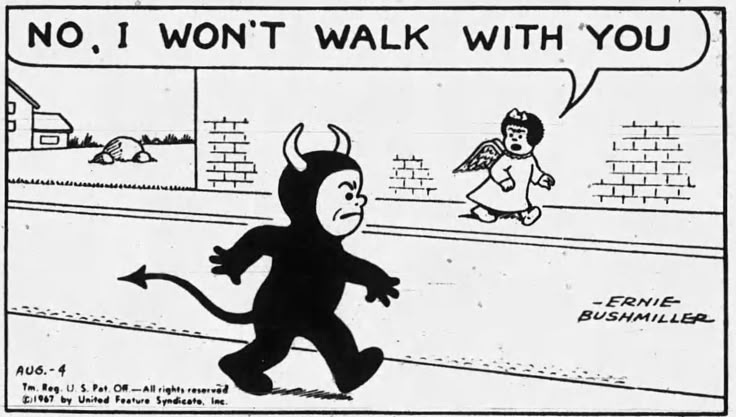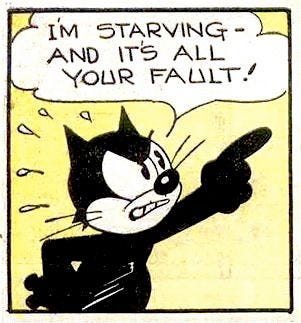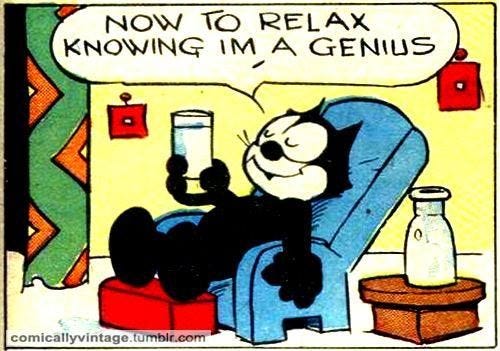Everyone hates me because I’m always right—I’ve known this since I was a precocious child.
No, I’m just kidding, I swear (although I have been known to be right on occasion). I actually feel wrong most of the time. Growing up with my father, I feel like I was socialized differently from everyone else. I spent much of my childhood either helping him clean offices or sitting home alone while he worked. I had one or two close friends in high school, and I didn’t really start to “go out” until college. I was late to a lot of life.
Throughout my childhood and adolescence, I supplemented human contact with movies. Movies were my friends; they taught me how to be a person. This is how I would be once I got out into the world. I learned life lessons from films. I definitely learned about sex from films. I don’t recall my father ever giving me “the talk.” Thank you, Body Heat.
It was probably around 2020 when I first got into Letterboxd. Bored during the pandemic, I marathoned movie after movie. I needed a place to put all my thoughts and opinions, and Letterboxd became my living diary.
I worked at a student newspaper in college and occasionally dabbled in reviewing new releases when they needed a last-minute article, but otherwise, writing about films has never been a professional endeavor for me. As a nonfiction writer, most of my Letterboxd reviews for the films I’ve seen are mini-essays about myself. At their best, movies are mirrors: they reflect us back at ourselves. Films can be a form of escapism, but I love it when movies shake me to my core and make me reflect on my life as it is or could be.
It surprised me when people started following me on Letterboxd and liking my reviews. I didn’t really intend to use Letterboxd as a social app; to me, it's just another way to categorize my life (one of my favorite hobbies). I didn’t think people would resonate with my reviews, especially because they were so personal.
But this is the beauty of nonfiction as a whole: the more specific, the more it resonates with others. We tend to think that we need to be broad to appeal to the most people, but people aren’t stock characters. They’re vivid and dynamic, and we react strongly to unique stories. We see our quirks in others’ quirks. We feel validated when someone thinks like us, acts like us.
Maybe this is why people get so pissed off when I disagree with them about a particular film.
I say this as sincerely as possible: Who cares what I think? I’ve been getting into a lot of trouble lately online, voicing my various opinions. It’s always startling when people take what I say seriously. I suppose this is a good thing overall, but I’m literally just having a laugh most of the time. I don’t even take myself seriously.
I was surprised when people were offended by my take on The Shrouds. Several people sent me a tweet from a user I wasn’t even following that said, “I just unfollowed someone for a bad faith take on The Shrouds.” Okay, I sleep in a big bed with my wife, etc. I didn’t realize that I was an arbiter of what is acceptable in cinema.
Something interesting that happened was that several people asked me if I had seen any more Cronenberg films, as though I had stumbled onto The Shrouds and simply misunderstood Cronenberg’s style. Yes, I’ve seen quite a number of his films, and I don’t like a lot of them. That doesn’t mean I’m going to stop watching his new films, but it’s pretty silly to assume that someone’s take should only be seen as serious if they have a complete working knowledge of the director’s oeuvre. The reception of a film isn’t dependent on a viewer’s understanding of the filmmaker’s work. It can certainly inspire people to visit other films from that filmmaker, but you shouldn’t have to be a superfan of a filmmaker to enjoy any one film. That’s ridiculous.
I found The Shrouds to be misogynistic, but I realize I’m projecting a lot of my own feelings and fears onto the film—as we all do. One of my fears in life is that love is only skin deep, and when I grow old or get sick, my husband will leave me for someone more fuckable. Now, this is not what happens in The Shrouds. Cronenberg’s self-insert Karsh mourns the loss of his wife for four years before moving on. But the film does explore the sexual nature of grief, and this is, at times, challenging. Karsh has sex with his dead wife’s twin sister, who asks him if her breasts (which his wife lost due to her cancer) are better than her sister’s. I thought this was disturbing and unnecessary, but very provocative. I can sort of understand why people liked this film. It’s offbeat and explores an element of grief we don’t really like to discuss out loud. Just because something challenges us doesn’t mean it shouldn’t be committed to film. I don’t think the film shouldn’t exist, it just isn’t for me.
My film opinions should be allowed to exist without people calling for my crucifixtion/re-education. When I come across an opinion that challenges me, I’m interested to learn more. Sometimes it challenges my point of view, but other times, it strengthens my beliefs. I find security in this self-knowledge. I don’t feel invalidated by a differing opinion.
This is a trend I’ve seen across a lot of media commentary. Anything that differs from the mass opinion is regarded as misguided. I think a film is successful when it generates a lot of discourse. For this reason, I think The Shrouds is a successful film. Something I can admire about Cronenberg is that he forges his own path. His work is his own, and in a time of IP and AI slop, this is quite the achievement.
I think there is a pervasive desire in society to seem “right.” People want to have perfect opinions. Well, that’s not really how opinions work. They should be, by definition, divisive. Obviously, this does not extend to topics such as human rights. But for media, a variety of opinions is healthy. We each percieve art differently. Several people could look at the same painting and be drawn to a different element of it. Good art provokes different, and at times, new, understandings. No matter what people try to tell you, there is no one, true path to tred.
Not liking The Shrouds doesn’t mean I misunderstood the film or cinema as a whole, it just means that I didn’t like The Shrouds. I think Cronenberg could’ve done better, and his corpus should be able to withstand this criticism. If you loved the The Shrouds, my criticism doesn’t invalidate your opinion. Rather, I hope that you disagree with me and that it makes you think about why you love it so much. We could all do with thinking more deeply and interrogating our own beliefs.





